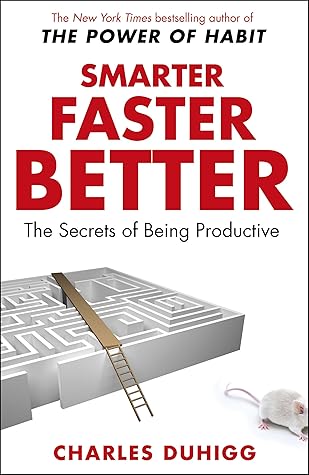“We’ve found this in dozens of settings,” said Martin Eppler, a professor at the University of St. Gallen in Switzerland who studies information overload.17 “The quality of people’s decisions generally gets better as they receive more relevant information. But then their brain reaches a breaking point when the data becomes too much. They start ignoring options or making bad choices or stop interacting with the information completely.”
Welcome back. Just a moment while we sign you in to your Goodreads account.


